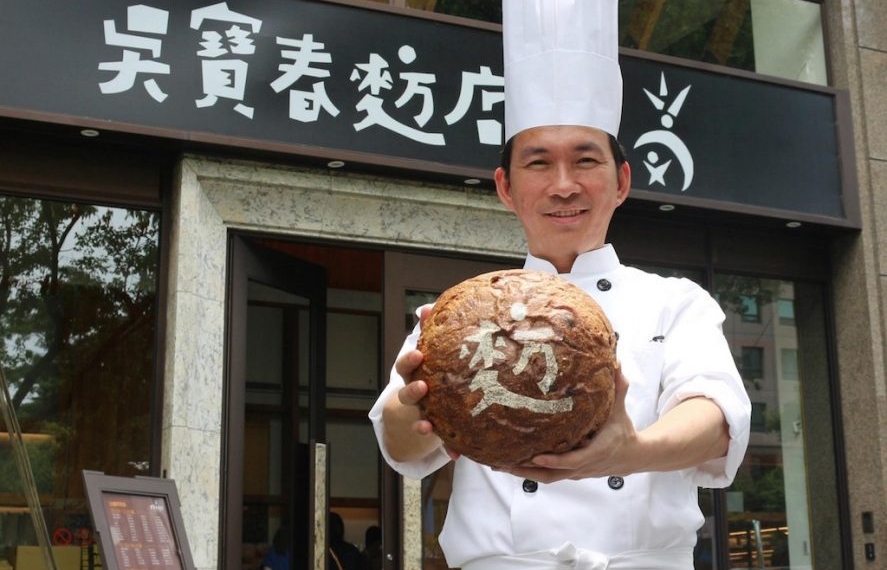The emergence of Germanic
From their origins to the present day, speakers of Germanic languages have been distinguished by the high degree of their mobility on land and on water: the Völkerwanderung during the Migration Period, Goths, Vikings, the British Empire on which the sun never set, Pax Americana…. From antiquity, they ranged far and wide, so it is not surprising to see them popping up all over the place and, in their travels, to come in contact with an enormous number of different ethnic and linguistic groups.
Before setting out on their multitudinous journeys, they had to have begun somewhere, and — on the borders of their original homeland — they had to have been in contact with other ethnic and linguistic groups. I asked a colleague where and when they might have arisen, and who their neighbors were.
Read the rest of this entry »
